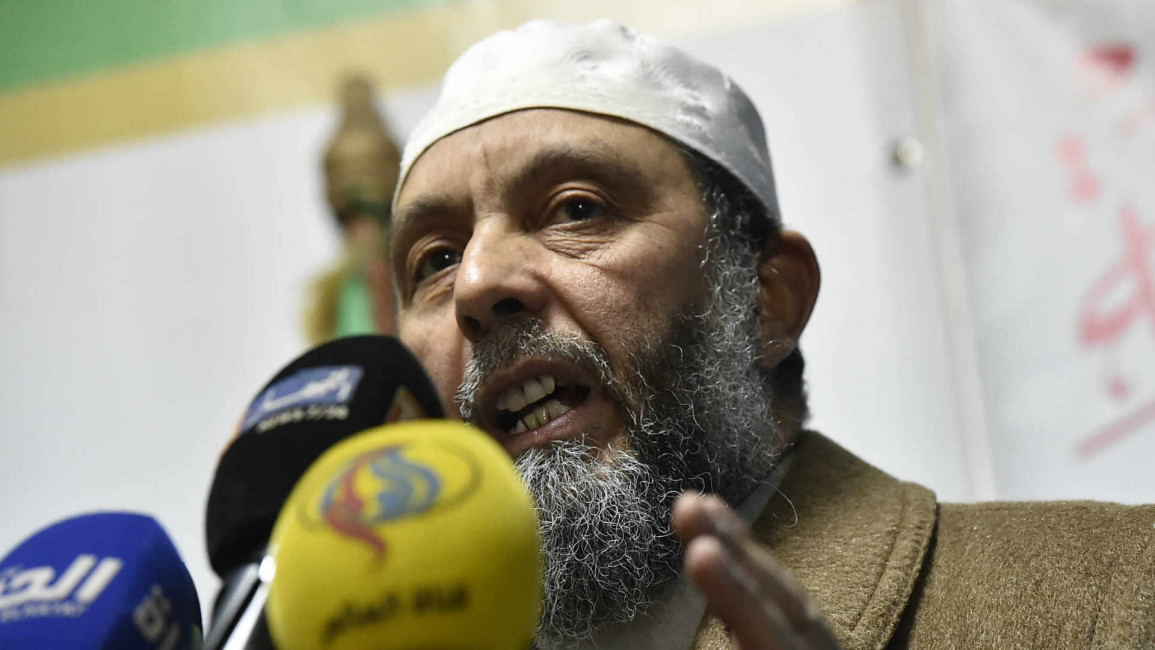Algeria opposition groups seeking joint candidate against President Bouteflika
Abdallah Djaballah, president of Algeria's Justice and Development Front, an Islamist party, called for Wednesday's opposition meeting to formulate a common political platform for the opposition groups.
Former heads of government Ali Benflis and Ahmed Benbitour, as well as moderate Islamist party leader Abderrazak Makri, plan to attend the meeting alongside representatives from some smaller political parties.
Many senior opposition figures, however, will be noticeably absent from the meeting.
Some plan to boycott the poll altogether amid accusations that the election will be rigged in favour of Bouteflika, who's been in power since 1999.
The ageing long-time leader announced he will run for a fifth term last February, despite repeated rumours of ill-health.
Wheelchair bound Bouteflika is rarely seen in public since he had a stroke in 2013, yet many Algerians would likely vote for him again, for fear of the instability that his departure could unleash.
He will face a record number of challengers in the upcoming April election. Among Bouteflika's top contenders are former Prime Minister Benflis, the runner-up in 2014 and today's main opposition candidate; influential retired General Ali Ghediri; and the leader of an Islamist party, Makri.
Bouteflika is viewed as a favourite of the country's military and security apparatus, following a bloody civil war in the 1990s.
He won the 2014 election with 81 percent of the vote despite not even appearing in his own campaign.
He is appreciated for helping reconcile the country after a devastating civil war between Islamic insurgents and the military left around 200,000 people dead.
But the country and its people remain scarred by the years of violence. Algeria also still struggles with sporadic extremism and its struggling economy is heavily dependent on volatile world oil prices.


![The White House Correspondents' dinner is seeing renewed scrutiny amid Israel's war in Gaza. [Brooke Anderson/The New Arab]](/sites/default/files/styles/image_330x185/public/2024-04/IMG_5497.jpg?h=71976bb4&itok=iSygAqbR)